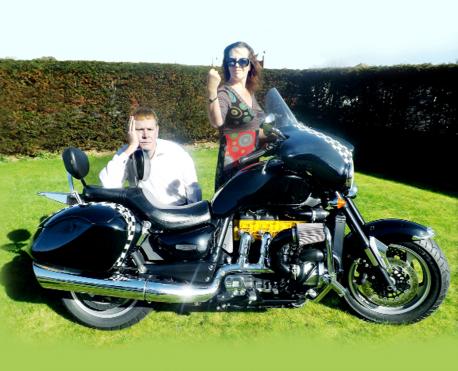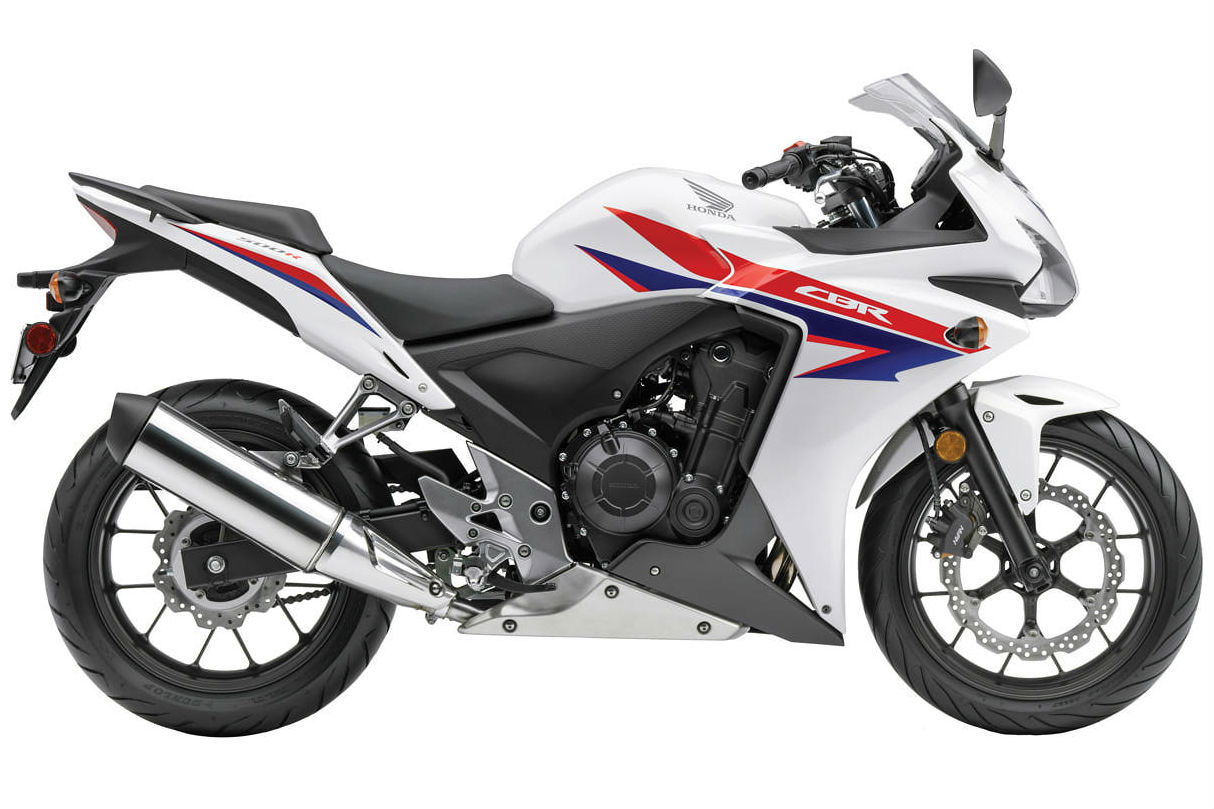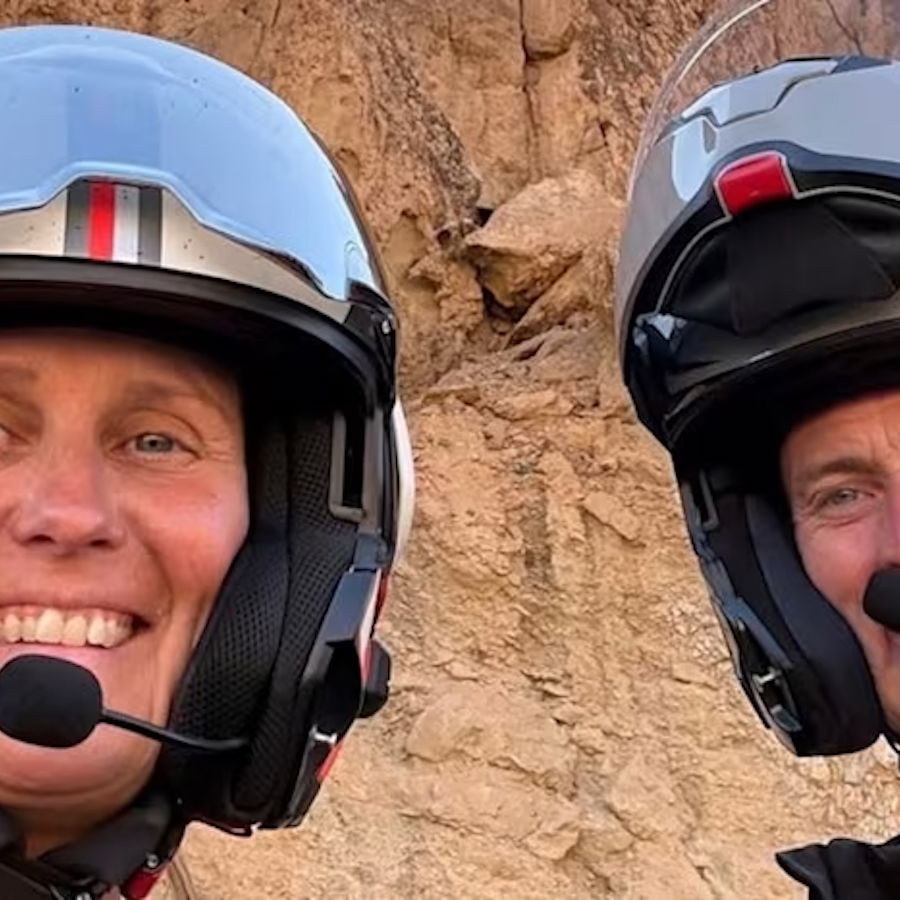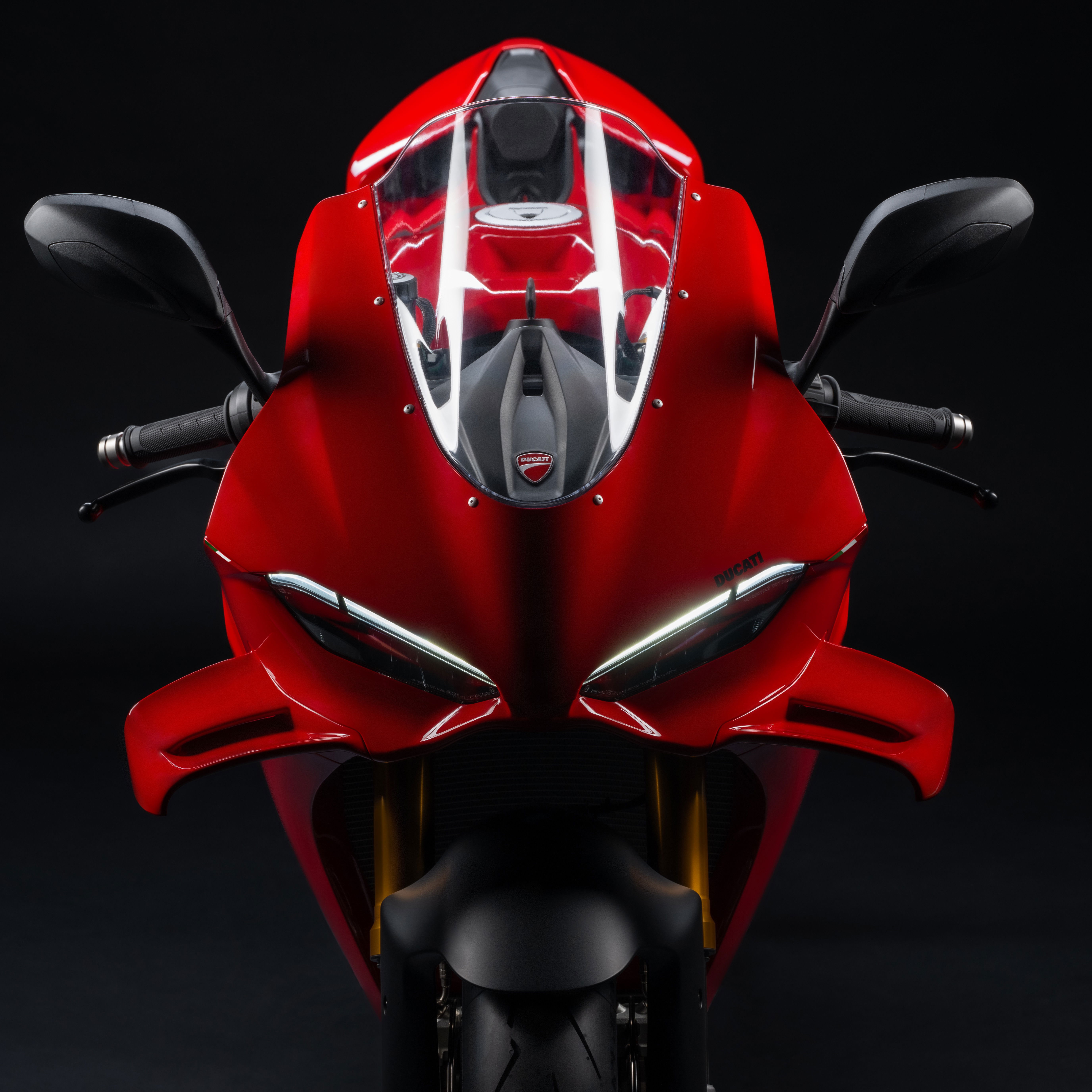Swedish study links deaths with unlicensed riders
Huge proportion of fatalities riding illegally
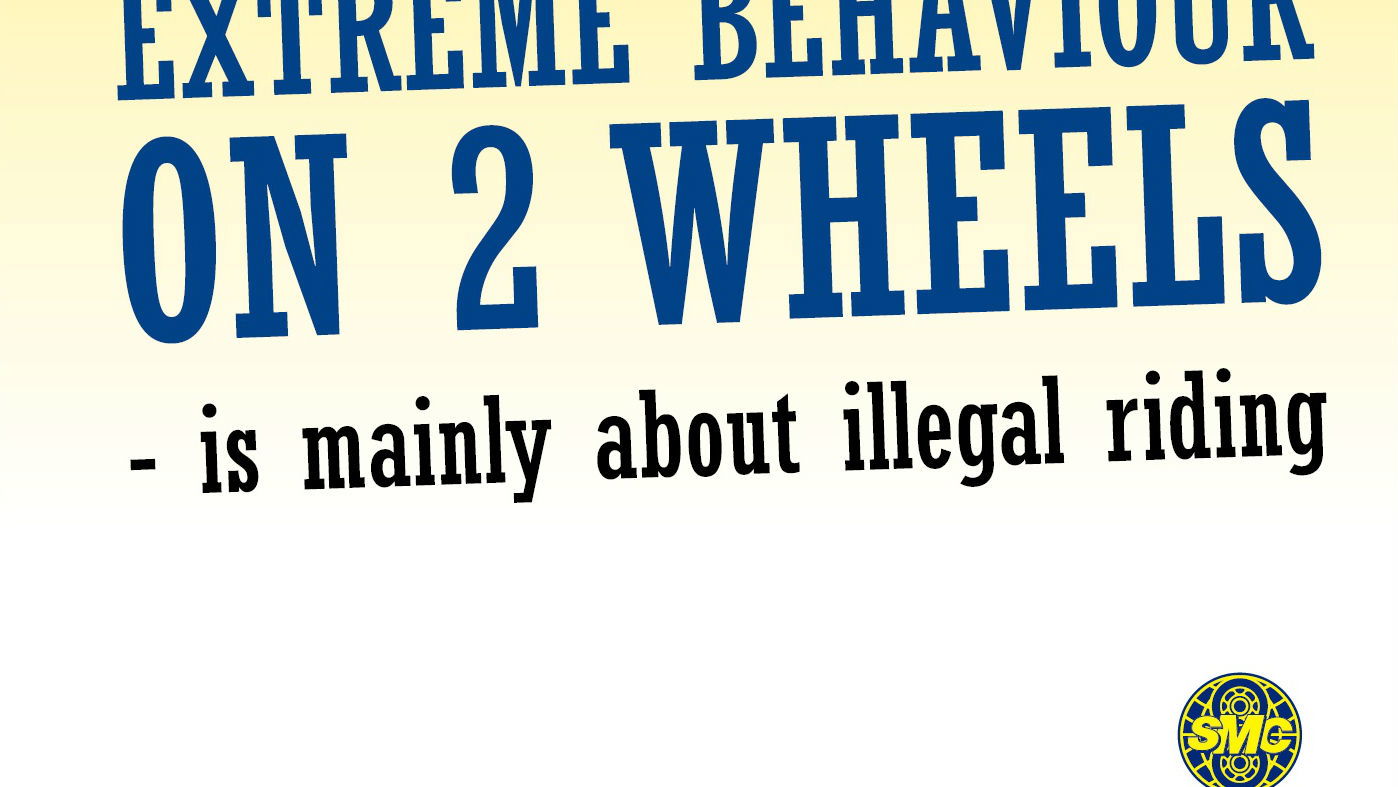
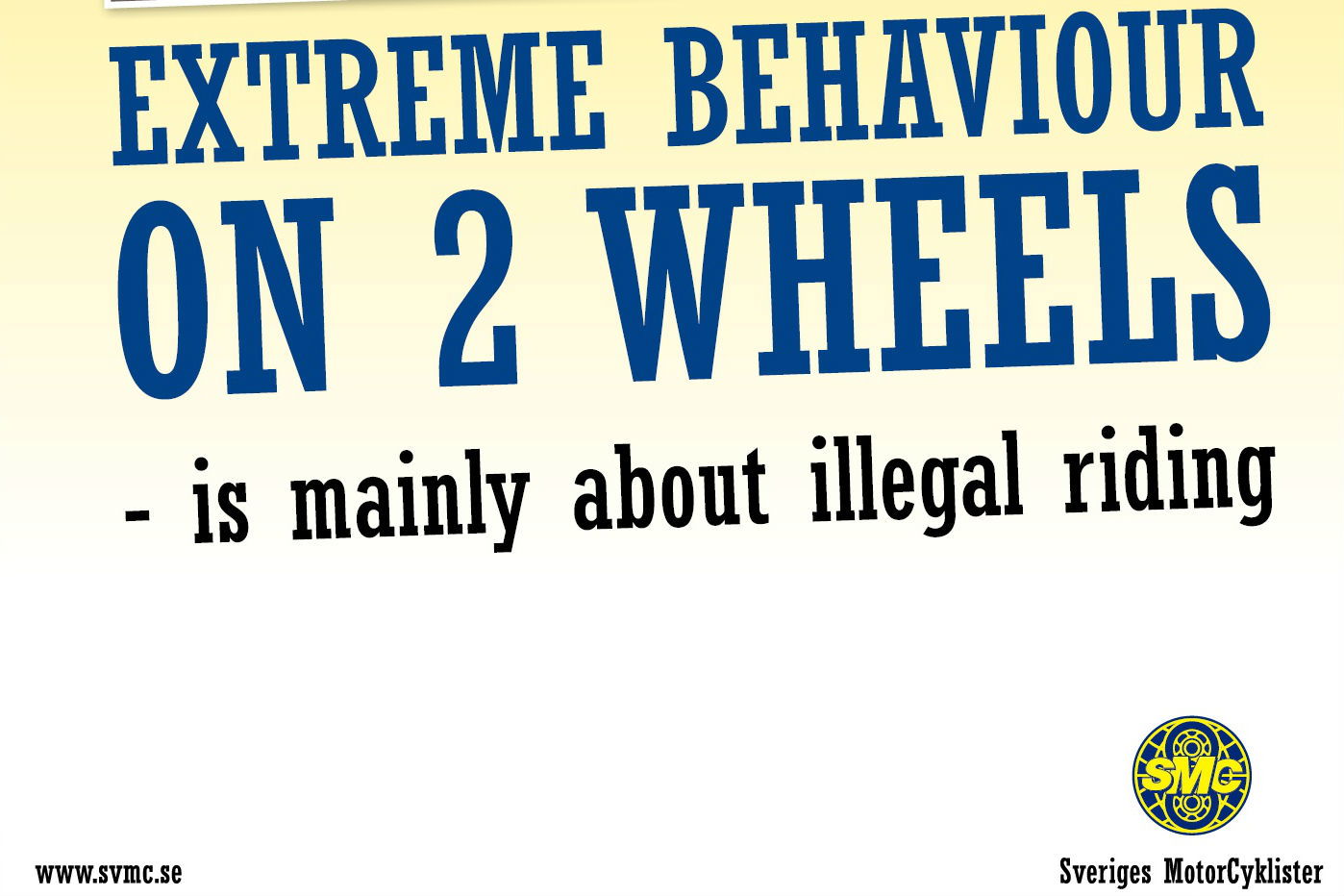
IT makes sense that if you don’t hold the proper licence and haven’t been trained to ride a bike you’re probably more likely to crash – but a new study from Sweden shows that the connection is even stronger than you might imagine.
The study, entitled ‘Extreme Behaviour on 2 Wheels’ reveals that in a 12 month period over 2011/2012 there were 72 fatalities on bikes. Incredibly, 25 of them, that’s 35%, didn’t hold a valid licence. Of those 25 unlicensed riders, 18 (72%) were under the influence of drink or drugs. Of the remaining 47 fatalities, those with valid licences, only four (8%) were under the influence.
And that’s not all. Five of the riders who died weren’t wearing helmets – all in the ‘unlicensed’ category – and of the 18 who had no insurance or had unregistered or uncertified bikes, 17 were without licences either. The one licence holder riding an illegal bike was only illegal because he hadn’t had a periodic inspection (ie MOT equivalent) done on time. The research also showed that 60% of the riders without licences didn’t own the bikes they were killed riding, where 85% of the licence holders owned their machines.
Other stats, perhaps less telling, show that the unlicensed riders were generally younger, although their average age of 31.5 shows they weren’t all ‘kids’ either. On average, the licence holders were 42.6 years old.
There are two ways of looking at the data. One is that there must be a small number of unlicensed riders having a disproportionately large number of crashes, while the other is that there is simply a relatively large number of unlicensed, irresponsible riders on the road. The truth is probably somewhere between the two, although the lack of training must surely make unlicensed riders more prone to accidents than trained, licence-holding motorcyclists.
However, the number of riders avoiding licences and training throughout Europe is widely believed to increase each time the EU adds more cost and complexity to the motorcycle licence regime.
Although it’s hard to draw direct comparisons between different countries, it’s clear that in Sweden at least the idea that a few bad apples are responsible for a disproportionate amount of bad press holds some water.
You can download the full study here.
